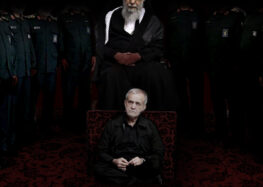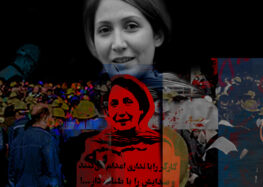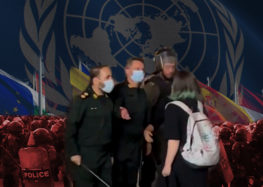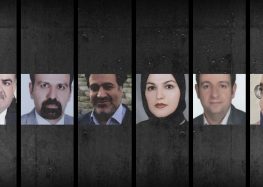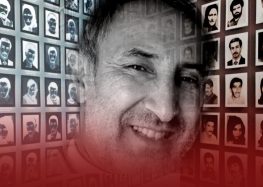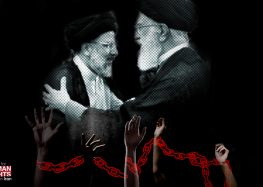Hardliners Violate Law to Keep Assembly of Experts Loyal to Khamenei
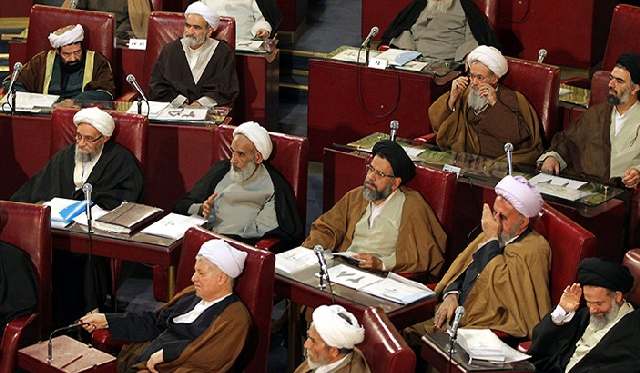
In addition to the massive disqualifications of moderate candidates for upcoming elections in Iran, hardliners have implemented another strategy to prevent challenges to their power: restricting the number of seats to important governmental bodies in order to prevent possible inroads by moderate candidates.
For more than a year, the Assembly of Experts, the body of clerics charged with advising and choosing the country’s supreme leader, has blocked efforts by the Ministry of Interior to increase the number of Assembly seats in provinces where there has been population growth, because that might open the door for more moderate candidates.
The issue is of immediate relevance: Seats for the Assembly of Experts will be voted on in nationwide elections on February 26. Moreover, with the present supreme leader, Ali Khamenei, 76 and ailing, the next Assembly will almost certainly choose the next leader.
Blocking an increase in Assembly seats is against Iranian law. Deputy Interior Minister Mohammad Hossein Moghimi said on March 15, 2015, that in accordance with the law, the Assembly of Experts had been formally informed that because of the population increase since 1981 (when the Assembly was first formed), the membership should increase from 86 to 99. But following a September debate, the Assembly agreed to add only two seats—for representatives from the newly formed Alborz Province.
Refusing to increase the number of seats is a violation of the Assembly of Experts Election Law. Article 2 of Chapter 1 states that “…for every one million increase in the population of a province, one representative should be added to that province’s quota.”
Had the law been observed, there would have been at least 13 new members in the next Assembly of Experts. Hardliners argued that it would be nearly impossible to find that many qualified theologians to fill the new seats, but finding enough loyal supporters may have been their ultimate concern.
“Members of the Assembly of Experts were worried that increasing the number of seats would sacrifice quality over quantity,” Assembly member Ayatollah Seyyed Mohammad Vaez Mousavi told ILNA news.
Ayatollah Seyyed Ahmad Khatami, a key member of the Assembly and a Khamenei loyalist, described three reasons why the assembly had prevented new members from joining:
“First, similar bodies such as the Senate in other countries, have a fixed number of members…Second, an increase in members should be based on necessity and since the Experts are in charge of choosing the leader as well as monitoring his actions to make sure he remains a qualified leader, we felt there was no need to increase the membership. Third, the candidates must be qualified theologians. It is important that we should think about quality, not quantity.”
Added Khatami: “In the past we were considering going by the letter of the law. But the Assembly of Experts has decided to stabilize the current membership on the basis of national interests.”

